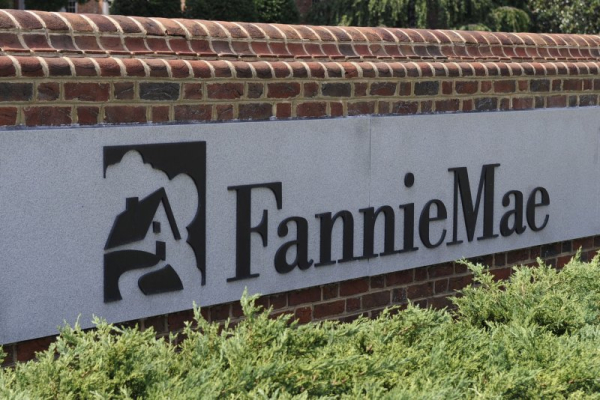Fannie Mae Housing Survey: 70% believe U.S. economy on wrong track


Nearly 70% of Americans believe the economy is headed in the wrong direction and 73% believe it’s a bad time to buy a house, according to Fannie Mae’s Home Purchase Sentiment Index. File Photo by Kevin Dietsch | License Photo
Nearly 70% of Americans believe the economy is headed in the wrong direction and 73% think it’s a bad time to buy a house, according to Fannie Mae’s Home Purchase Sentiment Index.
In the September survey, just 32% believe the economy is going in the right direction and 27% see now is a good time to purchase a home.
The Fannie May numbers are a mixed bag compared to one year ago, when 64% thought the economy is on the wrong track but 81% thought it was a bad time to buy a home.
The Home Purchase Sentiment Index is designed to track consumers’ housing-related attitudes, using six questions from the National Housing Survey. Fannie Mae, officially known as the Federal National Mortgage Association, buys mortgages from banks and other lenders.
The survey was conducted among 1,086 household decision makers 18 and older from Sept. 2-22 with a margin of error of 3.79%.
The numbers correspond to other surveys. The Harvard Caps Harris poll released this week saw 53% believe the economy is the wrong track and 37% on the right track among registered voters.
The Pew Research Center survey, released Friday, also found the economy is fair or poor among 74% of U.S. adults, while just 26% said it is good or excellent.
Over the last years in Fannie Mae polling, the worst sentiment to buy was 84% in September 2023 — at that time, 16% thought it was a good time to purchase a home.
Consumers are also pessimistic about their personal finances, with just 32% expecting them to improve over the next year, 23% anticipating things will get worse and 45% seeing no change.
in the latest survey, 40% believe home prices will increase over the next year, 22% see a decrease and 38% will remain the same.
“The bottom line is that the labor market is at a standstill, where workers are not getting hired or voluntarily changing jobs,” Apollo Global Management Chief Economist Torsten Slok wrote, according to Fortune.
The September unemployment rate has not been released because of the government shutdown. In August, it was 4.32%.
In the survey, employment confidence remains solid, with 75% of working respondents not concerned about job loss in the next year compared with 23% concerned.
The buying and selling of homes is tied to interest rates, with the average 30-year fixed mortgage rate at 6.34% last week, according to the Federal Reserve Bank of St. Louis. At the end of October last year, the rate was 6.72%.
In the past 50 years, Interest rates were the lowest at 2.77%, in January 2021 during the COVID-19 pandemic, and highest at 18.53% in October 1981 during a recession.
The median price of a home sold in the United States in the second quarter of 2025 was $512,800 compared with $514,000 in the first quarter, according to the St. Louis Fed.
“The reality is that buying into the market, especially in Manhattan or prime Brooklyn, still requires a significant amount of cash upfront,” Michelle Griffith, a luxury real-estate broker with Douglas Elliman based in New York City, told Fortune recently. “Inventory is tight and competition is high, so the cost of the property itself is what keeps most buyers on the sidelines.”
The survey also found renters believe costs will climb with a 6% average increase over the next year.
In the survey, 33% would choose to rent while 67% would opt to buy. Also, 57% report that obtaining a mortgage today would be difficult.